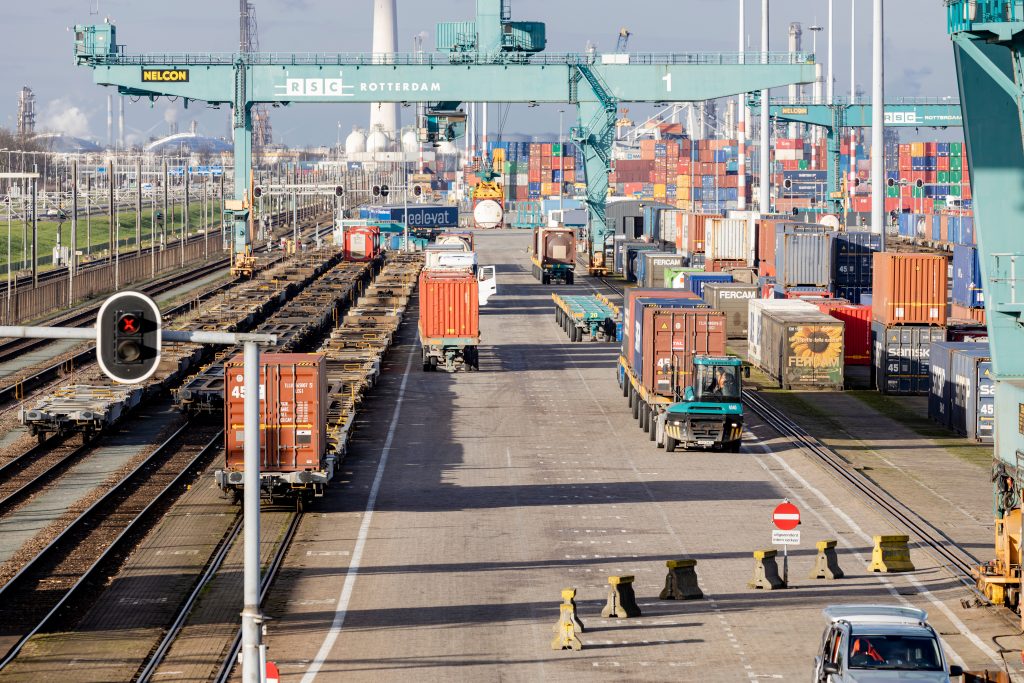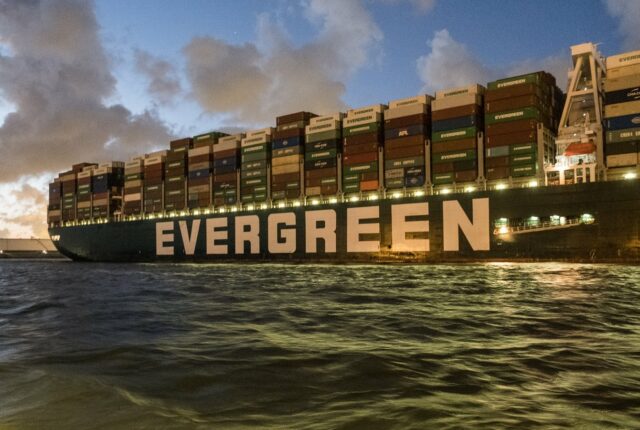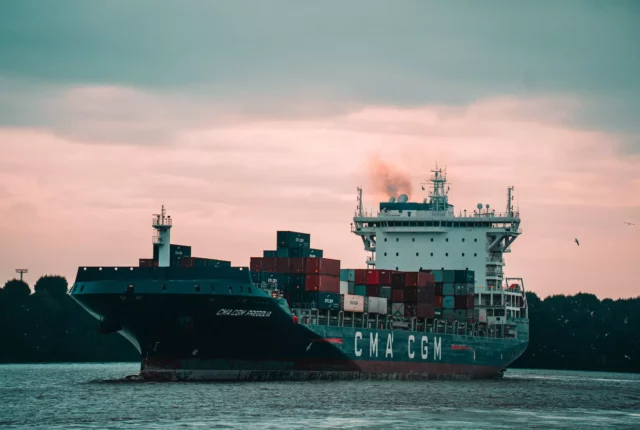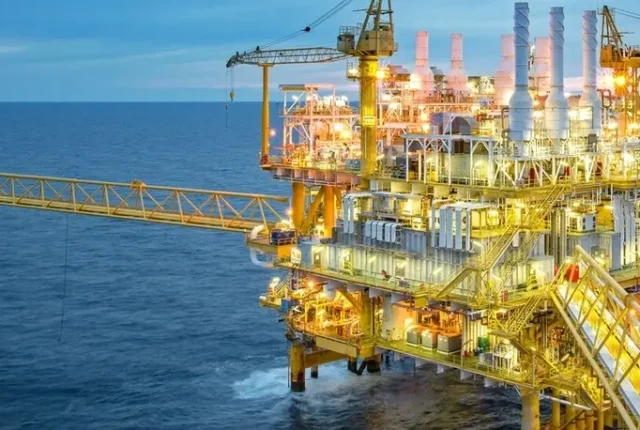
The Growing Importance of Rail Freight in Dutch Supply Chains
The Netherlands has long been a leader in global logistics, known for its efficient ports, robust road infrastructure, and prime location at the heart of Europe.
With the increasing demand for sustainable and cost-efficient transportation, rail freight is emerging as a vital component of Dutch supply chains. But why is rail freight suddenly in the spotlight? From environmental benefits to economic competitiveness, its role is expanding rapidly in response to evolving industry needs.
The Role of Rail Freight in the Dutch Economy
The Netherlands plays a central role in European trade, with its strategic location providing access to major markets. Rotterdam, the largest port in Europe, serves as a gateway for goods moving across the continent. Rail freight complements this by providing a fast, reliable, and environmentally friendly mode of transport for bulk goods, containers, and specialized cargo.
Dutch businesses increasingly rely on rail freight for its ability to connect key markets in Germany, France, and beyond, strengthening the country’s position as a logistics powerhouse. Rail’s capability to carry large loads efficiently makes it a preferred option for sectors like manufacturing, agriculture, and chemicals.
Advantages of Rail Freight Over Other Modes of Transportation
Rail freight offers several compelling advantages:
- Environmental Benefits: With growing concerns about climate change, rail freight stands out as one of the most sustainable options. Trains emit significantly less CO2 than trucks or airplanes, helping businesses meet their environmental goals.
- Cost-Effectiveness: Over long distances, rail is often more economical than road freight, particularly for heavy and bulk goods. Stable pricing and predictable schedules make it an attractive choice for businesses.
- Reliability and Capacity: Trains are less affected by traffic congestion or weather disruptions, ensuring more predictable delivery times. Additionally, a single train can replace dozens of trucks, reducing congestion on Dutch roads.
Key Rail Freight Corridors in the Netherlands
One of the crown jewels of Dutch rail freight infrastructure is the Betuweroute, a dedicated freight railway connecting Rotterdam to Germany. This line plays a pivotal role in facilitating seamless cross-border trade. Additionally, the country’s extensive rail network links major ports, industrial hubs, and inland terminals, ensuring goods move efficiently throughout Europe.
Rotterdam, in particular, has emerged as a vital hub for rail freight, offering connections to various European destinations. This integration of port and rail infrastructure enables quicker transfers, boosting supply chain efficiency.
Integration of Rail Freight in Multimodal Logistics
Modern logistics is rarely about choosing a single mode of transportation. Rail freight thrives when integrated with road, sea, and even air transport in a multimodal approach. Intermodal terminals in the Netherlands serve as key points for transferring goods between these modes, ensuring maximum efficiency.
For example, containers arriving at Rotterdam can be seamlessly loaded onto trains bound for inland terminals, where trucks handle the final leg of delivery. This synergy between modes reduces overall costs and environmental impact, making the entire logistics chain more sustainable.
Challenges Facing Rail Freight in the Netherlands
Despite its advantages, rail freight in the Netherlands faces challenges. One major issue is capacity limitations. With the existing rail network being shared between passenger and freight trains, congestion can lead to delays. Expanding capacity requires significant investment and planning, often constrained by urban development and environmental concerns.
Another challenge is competition. While rail freight is cost-effective over long distances, road freight remains the preferred choice for short-haul deliveries due to its flexibility. Similarly, air freight dominates when speed is critical, such as for high-value goods. Overcoming these hurdles requires continued innovation and strategic investments.
Rail Freight’s Contribution to the Circular Economy
Rail freight also plays a critical role in the circular economy by supporting sustainable waste management and recycling initiatives. For example, recycled materials like metals and plastics are often transported by rail to processing facilities. This reduces reliance on road transport, lowering emissions and minimizing traffic congestion.
Additionally, rail is ideal for transporting bulk waste from urban areas to recycling plants, ensuring an efficient and eco-friendly supply chain. As circular economy principles gain traction, rail freight’s importance in this area will only grow.
The Global Perspective on Rail Freight
The Netherlands is not alone in leveraging rail freight for sustainable logistics. Countries like Germany, Switzerland, and China have invested heavily in their rail networks, achieving remarkable results. For instance, Switzerland’s policy of shifting freight from road to rail has significantly reduced traffic and pollution in the Alps.
Comparing these examples, the Netherlands can adopt best practices such as incentivizing rail use through stricter road tolls or enhancing infrastructure for seamless cross-border connections. Learning from global success stories ensures the Dutch rail freight sector remains competitive.
Rail freight is no longer just an alternative mode of transportation in the Netherlands—it is a vital pillar of modern supply chains. Its environmental benefits, cost-effectiveness, and alignment with sustainability goals make it indispensable for businesses looking to thrive in a competitive and eco-conscious market.
As investments, policies, and technologies continue to support its growth, rail freight is set to transform Dutch logistics. By embracing this efficient and sustainable mode of transport, the Netherlands is cementing its position as a leader in global supply chains.
FAQs
Why is rail freight becoming more popular in the Netherlands?
Rail freight is gaining popularity due to its environmental benefits, cost-effectiveness, and ability to transport large volumes efficiently, aligning with sustainability goals.
What is the Betuweroute, and why is it important?
The Betuweroute is a dedicated freight railway connecting Rotterdam to Germany, facilitating seamless cross-border trade and supporting the Netherlands’ role as a logistics hub.
What challenges does rail freight face in the Netherlands?
Challenges include capacity limitations on shared rail networks, competition from other transport modes, and the need for continuous investment in infrastructure.






